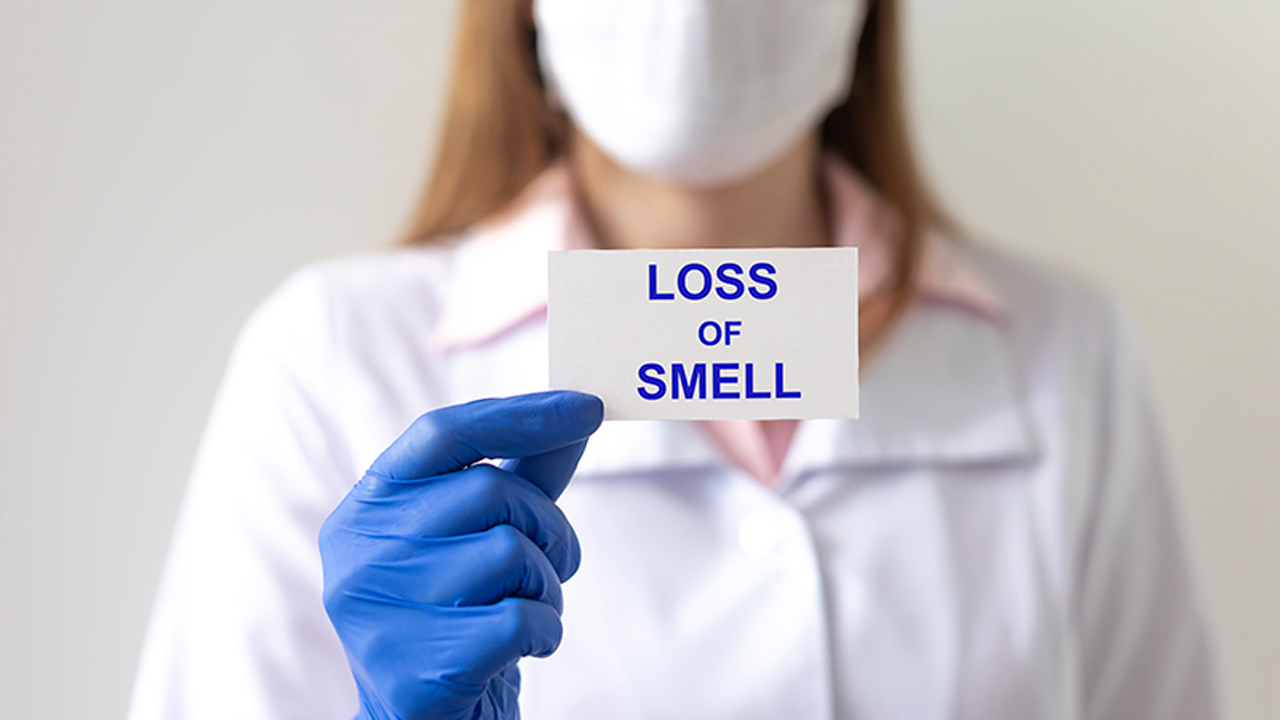Anosmia is the partial or total loss of smell. This loss could be temporary or permanent. Temporary anosmia can result from common conditions that irritate the nose's mucous membranes, like allergies or a cold.
Brain tumours and head injuries are two more severe conditions that can result in permanent loss of smell. Anosmia can also occasionally develop with aging. Even though anosmia is typically not serious, it can significantly lower a person's quality of life. A loss of smell is the most visible example of anosmia. Some anosmia sufferers notice that things smell differently.
Causes of anosmia
- Allergies
- Colds or flu
- Sinus infections
- Chronic congestion
- Nasal passage obstructions
- Aging
- Parkinson’s disease
- Alzheimer’s disease
- Diabetes
- Chemical exposure
- Radiation or chemotherapy
- Multiple sclerosis
- Traumatic brain injuries or brain surgery
Our capacity for taste is influenced by our sense of smell. Our taste buds can only distinguish a limited number of flavours in the absence of smell, which can have an impact on your quality of life.
Treatment for Anosmia
The loss of smell brought on by a bacterial or viral infection frequently passes quickly. Antibiotics may be prescribed to you if you have a bacterial infection to hasten the healing process. The smell will improve as a result. Nasal congestion brought on by allergies can be relieved with decongestants and over-the-counter antihistamines.
Use a humidifier to moisten the air if you can't blow your nose due to a stuffy nose. Having a humidifier in your home can help to reduce congestion and loosen up mucus. If your impaired sense of smell is brought on by a neurological condition, a tumour, or another disorder, you will be treated for the underlying problem. Some cases of odour impairment might be lifelong.
There’s no sure way to prevent Anosmia. Some of the ways to prevent Anosmia is by Washing your hands frequently throughout the day. Washing your hands after touching public areas. Whenever possible, avoid people who have colds or the flu.

 Can't smell any delicious food even without your nose being stuffed? You might be facing the problem of Anosmia. According to National Center for Biotechnology Information “Anosmia, the inability or decreased ability to smell is estimated to afflict 3–20% of the population.â€
Can't smell any delicious food even without your nose being stuffed? You might be facing the problem of Anosmia. According to National Center for Biotechnology Information “Anosmia, the inability or decreased ability to smell is estimated to afflict 3–20% of the population.â€




.jpeg)














.jpeg)





.jpeg)
.jpeg)






.jpeg)





